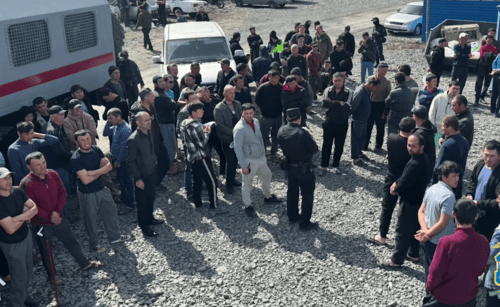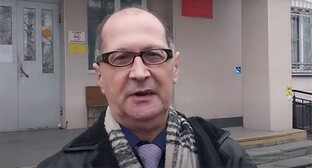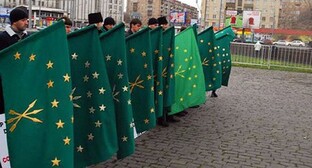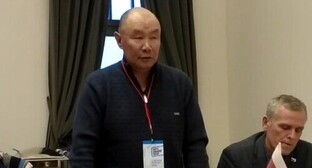
11 April 2024, 21:45
Human rights defenders note stagy fight for legal migration after terror act at Crocus City Hall
Migrants in the regions of Southern Russia complain about violations of their rights during police raids after the terror act at the Crocus City Hall, but those raids are not as large-scale as the raids on foreigners after political conflicts with post-Soviet republics, human rights defenders note. The actions of the police and court’s decisions on fines and expulsion from the country often have neither legal grounds nor logical explanations, the human rights defenders emphasize.
The “Caucasian Knot” has reported that as a result of the police raids after the terror act at the Crocus City Hall, 30 migrants in Krasnodar, 87 people in the Volgograd Region, 46 citizens of Central Asia in the Rostov Region, seven citizens of Uzbekistan in Ingushetia, and a group of foreign students in Astrakhan were ordered to leave Russia.
Anti-migrant raids in Southern Russia are not unprecedented in their scale, suggests Valentina Chupik, a free lawyer for migrants. She notes that if a migrant has violated the Russian migration laws, he or she has no chance of staying in Russia.
The lawyer has also added that fewer expulsions from the country are reported in the regions of the North-Caucasian Federal District (NCFD) and the Southern Federal District (SFD), but there are more corruption cases in those regions.
Svetlana Gannushkina*, the chair of the “Civic Assistance Committee”*, also believes that what is happening is inferior in scale to previous police raids.
“For example, when relations with Georgia deteriorated, terrible police raids were launched ... Then Russian passports with Georgian surnames were torn, and children were subjected to harassment in schools,” the human rights defender recalled.
Svetlana Gannushkina* suggests that human rights defenders expected police raids on a larger scale after the terror act at the Crocus City Hall.
Stefania Kulaeva, an expert at the “Memorial” Anti-Discrimination Centre*, considered violations of the Russian migration laws to be only a pretext for the mass expulsion from the country of migrants from Central Asia.
The expert notes that the actions of the police are not logical. “It is absolutely impossible to understand who will be fined without expulsion and who will be fined with expulsion from the country,” she noted.
*Included by the Russian Ministry of Justice (MoJ) into the register of foreign agents.
This article was originally published on the Russian page of 24/7 Internet agency ‘Caucasian Knot’ on April 10, 2024 at 01:23 am MSK. To access the full text of the article, click here.
Author: Roman Kuzhev Source: СK correspondent




